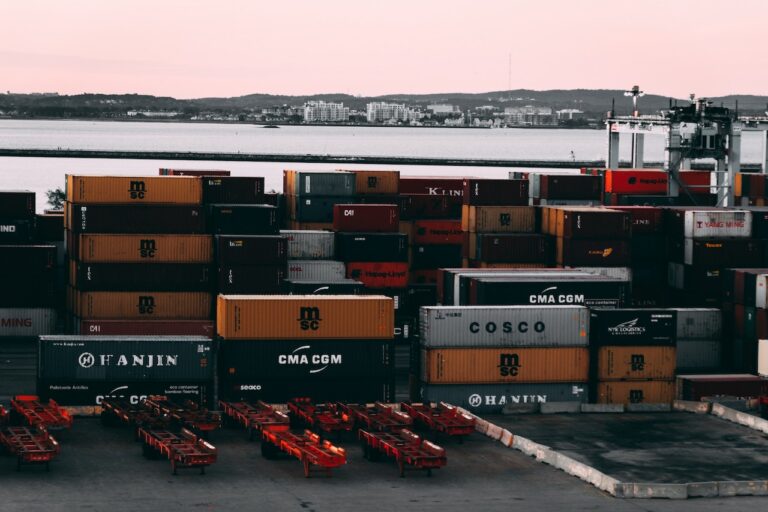The EU will never be able to reduce its dependence on China for the raw materials of the energy transition if it does not increase funding for companies and speed up authorisation procedures.
These are the thoughts of Bernd Schaefer, CEO of EIT RawMaterials, a body funded by the European institutions and led by the European Raw Materials Alliance (ERMA).
This is a group that brings together more than three hundred players, including companies and academics, active in the basic materials sector. According to Schaefer, in the absence of action on funding and permitting, Brussels will not be able to meet its raw materials extraction, refining and recycling targets by 2030.
Table of Contents
The objectives of the critical Raw Material Act
The Critical Raw Materials Act, the European Commission’s proposed law for raw materials needed by industries, states that: by 2030, the Union will have to extract at least 10 per cent of the critical minerals it consumes, process 40 per cent of them and recycle 15 per cent.
Also by that date, the bloc will not be able to depend on a single third country for more than 65 per cent of the annual consumption of a certain critical material.
More Funding and fast-track approvals, says Schaefer
During the EIT RawMaterials Summit in Brussels, Schaefer spoke of the need to accelerate with investments and permits.
An acceleration “that will have to happen very soon, and then we will have a chance to reach these numbers” on the extraction, processing and recycling of critical raw materials.
Forecasts say that demand for thirty-four metals deemed critical by the European Union – such as copper for power cables, nickel for batteries, and rare earths for electric car magnets – will rise sharply as the ecological transition accelerates.
Brussels estimates that by 2030 the Union will need eighteen times as much lithium as was used in 2020, and that the demand for cobalt will grow five times.
Read also: The 10 countries with the most valuable natural resources worldwide
Will the EU be able to reduce raw material dependence from China?
Schaefer thinks that the most difficult target to achieve is not the one on mining, despite the opposition of European populations to the opening of new mines. But the one on mitigating dependence on a single country outside the bloc: namely China.
In 2020, Beijing was the main supplier of two-thirds of the raw materials considered critical by the EU, with peaks of 95 per cent for magnesium and 98 per cent for rare earths.
Raising the threshold to 65 per cent will require ‘a lot of effort’, said Schaefer. ‘Because the 35 per cent required elsewhere will be a much higher absolute number’. He added that diversification of supply will have to be based on international cooperation agreements (trade pacts, for example) and production efficiency (to reduce the quantities of critical raw materials needed for various products).












